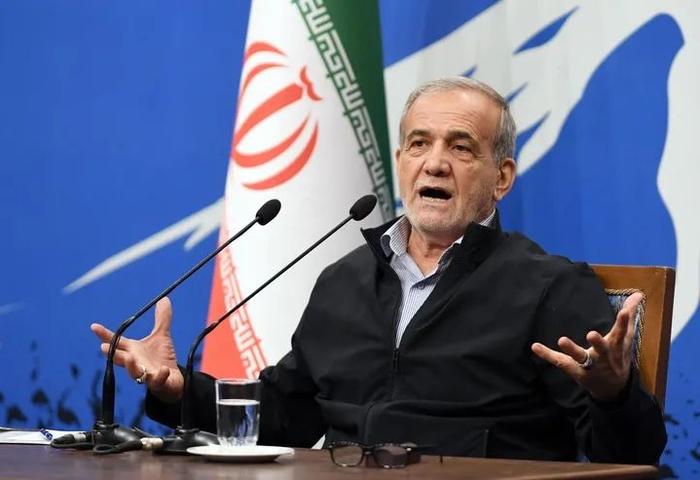
On July 4th, Reuters reported that leaders from seven countries in Central and Western Asia reached a consensus at the Asia-Seven Leaders Summit on promoting trade liberalization, attracting more foreign investment, and establishing green energy cooperation to strengthen regional economic integration in the Economic Cooperation Organization (ECO) of Central and West Asia. The meeting also agreed to improve transportation connectivity and carry out reconstruction work in war zones as part of the long-term development strategy by 2035.
Participants at the summit included President Erdogan of Turkey, President Aliyev of Azerbaijan, President Mirziyoyev of Uzbekistan, President Pezeshki of Iran, President Zaparov of Kyrgyzstan, President Rahmon of Tajikistan, and Prime Minister Shahbaz of Pakistan.
The new roadmap is based on previous strategies emphasizing regional integration, trade, and transportation. According to Hadyev, a foreign policy advisor to the President of Azerbaijan who spoke to Reuters, the new roadmap expands its scope to include green energy cooperation, digitalization, and social inclusivity.
The meeting was held in Khankend, the capital of the Nagorno-Karabakh region, an Azerbaijan enclave. In 2023, Azerbaijan regained full control of the region, which had long been enjoyed by ethnic Armenians as a de facto independent entity. Both Armenia and Azerbaijan support the peace treaty, but their relationship remains tense.
Erdogan expressed his hope that Hankend will become a “center of peace and development in the South Caucasus” in the future.